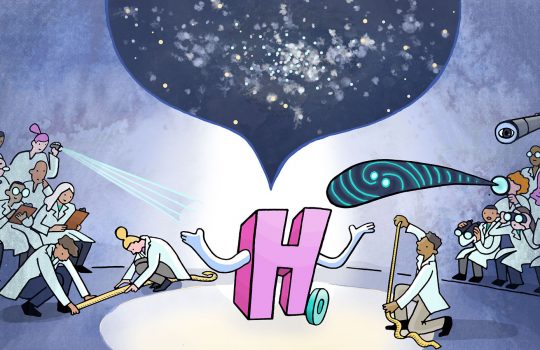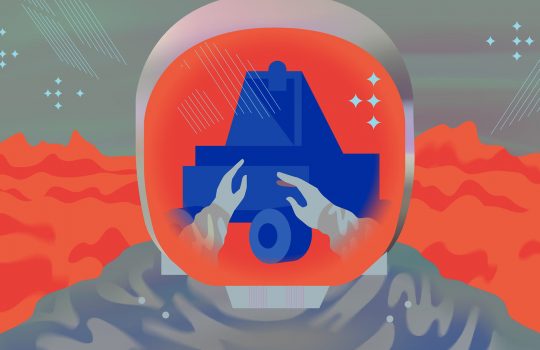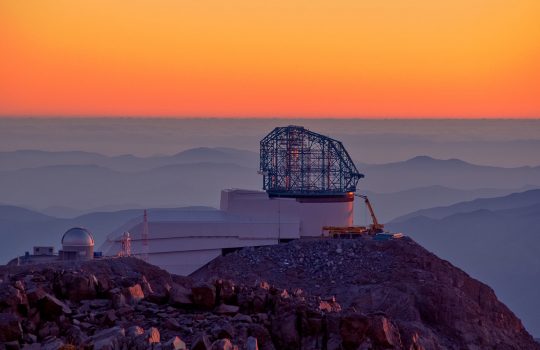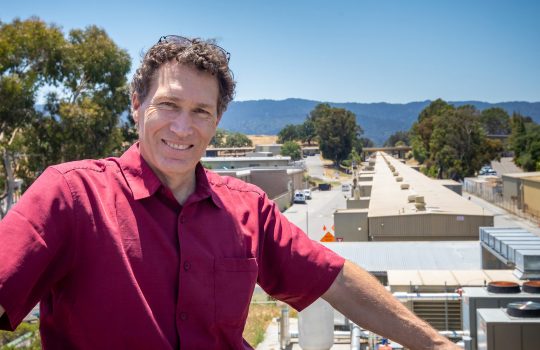FPGAs and the road to reprogrammable HPC
From Inside HPC, July 3, 2019: Particle physics researchers are using custom integrated circuits called FPGAs in combination with other computing resources to process massive quantities of data at extremely fast rates to find clues to the origins of the universe. This requires filtering sensor data in real time to identify novel particle substructures that could contain evidence of the existence of dark matter and other physical phenomena. A growing team of physicists and engineers from Fermilab, CERN and other institutions, co-led by Fermilab scientist Nhan Tran, wanted to have a flexible way to optimize custom-event filters in the CMS detector they are working on at CERN.




